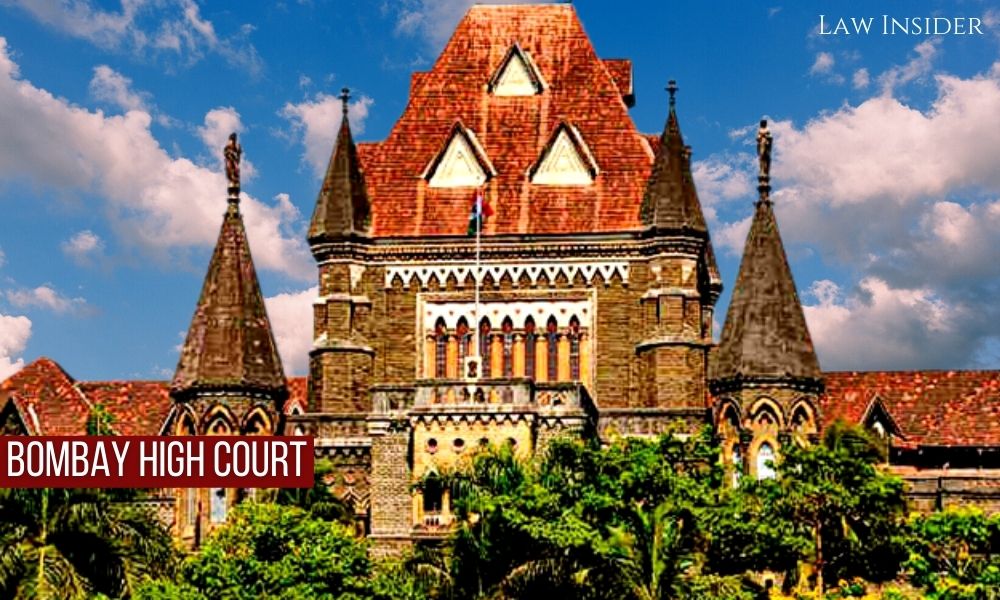Tanvi Pilane
Published on: March 15, 2022 at 21:45 IST
An Income Tax Faceless Assessment in which the reply of the Taxpayer was not considered by the Department was Quashed by a Bench of Justice A.S. Chandurkar and Justice Pushpa V. Ganediwala of the Bombay High Court.
A Faceless Facility was launched by the Income Tax Department for Income Tax Appeals under which except for Appeals that are related to Evasion of Tax, Serious Fraud, Black Money, International Tax, and Special Research, all Cases will be completed in a faceless way in a faceless Environment.
The Assessment Order was Challenged by the Petitioner on the Grounds of Breach and Non-Compliance with the Principles of Natural Justice as there was no proper and sufficient Opportunity granted to respond to the show-cause Notice to the Petitioner.
The Petitioner had been called upon to respond to the show-cause Notice within a period of three days from the Receipt of the Notice and informed that a Grant of Personal Hearing could be requested by him which would be conducted through video conferencing if granted.
A request for Adjournment on Medical Grounds was made by the Petitioner who on the same day also indicated that due to the complexity of the Facts, the matter would require explanation had therefore requested a Personal Hearing through Video Conference.
The Respondents argued that it was only after considering the entire Material on Record that the Assessment Order had been passed and also stated that the Assessment Order passed was in accordance with the Law as no new Fact or Material Evidence was submitted by the Petitioner.
The Respondents also submitted that under Section 264 of the Income Tax Act, an alternate remedy was available to the Petitioner for challenging the Assessment Order.
The Court noted that though an alternate remedy by way of Statutory Appeal was available, the Assessment Order had been issued without granting a due and proper opportunity to the Petitioner.
Hence, the Court did not feel inclined to relegate the Petitioner to availing of that Statutory Remedy.
Also read:
Money Laundering and Related Laws in India

